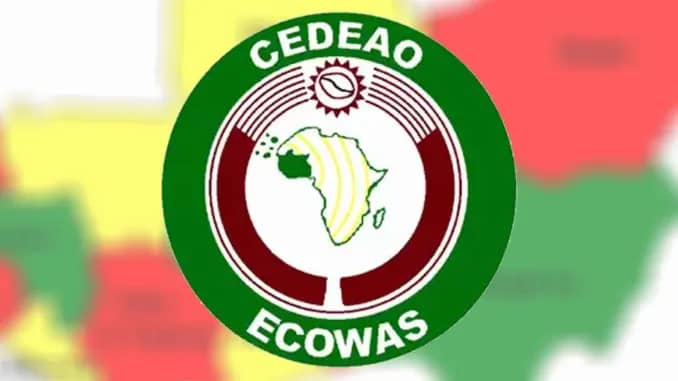Participants of an International Symposium on the Niger Republic crisis and the future of African Integration has urged leaders in the continent to avoid constitutional amendments in favour of tenure elongation.
The call is contained in a communique issued on Wednesday at the end of a meeting organised by the Center for Peace Studies, Usmanu Danfodiyo University Sokoto (UDUS).
The communique was signed by Dr Abubakar Mohammed and Prof. Muhammad Usman, Chairman International Symposium and Director, Center for Peace Studies, UDUS, respectively.
The stakeholders that participated comprised diplomats, members of the academia and civil society organizations.
The stakeholders sought for African leaders to continue to promote the principles of good governance.
They urged that ECOWAS should be consistent in upholding the provisions of the protocol that prohibits unconstitutional change of governments among member states.
The stakeholders observed that historically and geographically Africa had been an integrated community.
“Religion, trade, language and other aspects of culture had contributed to the integration process in the history of Africa.
“As such, intercommunity relations and other forms of social and economic interactions should be strengthened to promote African integration,” the communique said.
The participants added that the sanctions imposed on Niger Republic were causing a lot of hardships and sufferings to the ordinary citizens of the country.
“As we are aware, good governance and democracy are the fundamental mechanisms for the promotion of peace and political stability.
“So, the channels of communication through dialogue and diplomacy initiated by ECOWAS should be sustained as opposed to the use of force to resolve the impasse in Niger Republic,” it added.
The stakeholders further urged the military regime in Niger Republic to in the spirit of reconciliation immediately release the ousted President Mohamed Bazoum and other detained officials unconditionally.
It also charged that the period of the transition programme for a return to a democratic system in Niger Republic should not exceed one year.
They appealed on ECOWAS to lift the sanctions imposed on Niger Republic to restore electricity and allow for the supplies of food, medicines and other essential necessities for the citizens.
Four papers were presented at the meeting by Prof. Mukhtar Bunza, Prof. Toyin Falola, Prof. Aja Akpuru-Aja and Dr Musa Umar.








